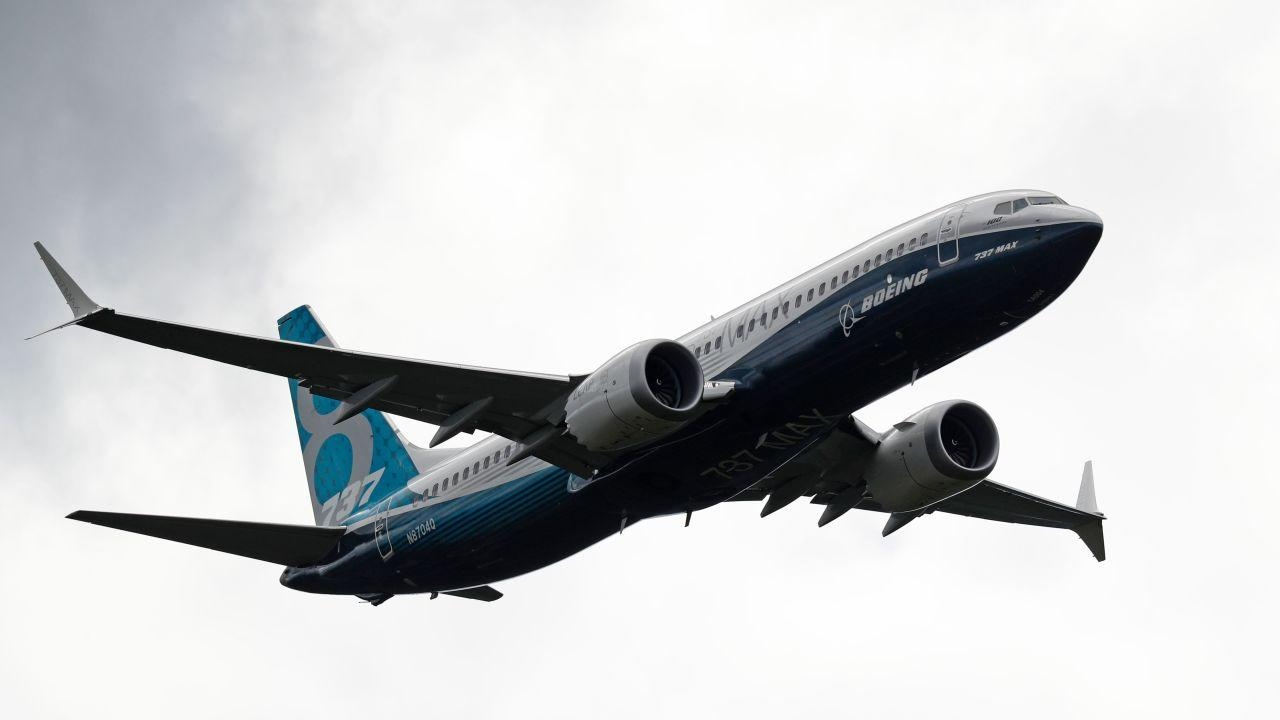AeroGenie — Your Intelligent Copilot.
Trending
Categories
Griffin Leases Six Boeing 737 MAX 9 Jets to United Airlines

Griffin Leases Six Boeing 737 MAX 9 Jets to United Airlines
Griffin Global Asset Management has secured long-term lease agreements with United Airlines for six new Boeing 737 MAX 9 aircraft, with deliveries scheduled for April and May 2025. This deal inaugurates a new partnership between Griffin and United, aligning closely with United’s ongoing fleet expansion under its United Next strategy.
Strategic Significance for Griffin and United
The agreement holds considerable importance for both parties. For Griffin, it represents an expansion of its customer portfolio to include United Airlines, one of the world’s largest carriers, thereby reinforcing Griffin’s stature as a prominent global player in aircraft leasing. With offices in Dublin, Puerto Rico, and Los Angeles, Griffin continues to extend its international reach, collaborating with industry stakeholders to deliver customized capital solutions tailored to the commercial aviation sector.
For United Airlines, the integration of the 737 MAX 9 aircraft is anticipated to enhance operational efficiency, increase passenger capacity, and improve profit margins. These modern jets also support United’s commitment to passenger comfort and sustainability. United’s Chief Financial Officer, Mike Leskinen, highlighted that the new aircraft will facilitate the airline’s fleet growth while bolstering customer service and profitability. This transaction aligns with the fleet and delivery expectations outlined in United’s Q1 2025 investor update.
Eric Hild, Senior Vice President of Marketing at Griffin, expressed optimism about the collaboration, describing the Boeing 737 MAX 9s as “key to United’s fleet plan” and emphasizing Griffin’s intention to cultivate a long-term relationship with the airline.
Industry Context and Market Implications
The lease agreement emerges amid broader challenges within the aviation industry. United Airlines, alongside other carriers, faces potential delivery delays of up to two years for the larger Boeing 737 MAX 10 variant. This situation has led some airlines to reconsider their order preferences, creating both opportunities and challenges for lessors like Griffin. Maintaining market neutrality becomes critical as airlines may shift orders to different aircraft variants or alternative manufacturers in response to Boeing’s ongoing production ramp-up difficulties.
Market reactions to the leasing arrangement have been significant. The proceeds from these leases are expected to positively influence Boeing’s balance sheet, with analysts projecting a 14% reduction in the manufacturer’s net debt. As Boeing addresses its production challenges, competing airlines may reassess their fleet strategies, potentially adjusting orders in response to evolving delivery timelines and market conditions.
The Griffin-United agreement not only supports United’s fleet modernization and growth but also highlights the shifting dynamics within the commercial aviation sector as airlines and lessors navigate supply chain uncertainties and changing market demands.

Emirates Unveils Cabin Design for New Boeing 777X

Eighteen Years On, the Airbus A380 Remains Central to a $34 Billion Airline

How a boom in luxury airline seats is slowing down jet deliveries

Navitaire Outage Attributed to Planned Maintenance

DigiYatra Debuts Outside Aviation at India AI Impact Summit

Vietnam Orders Strengthen Boeing’s Commercial Outlook

Airbus Signals Uncertainty Over Future A400M Orders

JobsOhio Awards $2 Million Grant to Hartzell Propeller for Innovation Center

Collins Aerospace Tests Sidekick Autonomy Software on YFQ-42A for U.S. Air Force CCA Program

How the Airbus A350-1000 Compares to the Boeing 777
